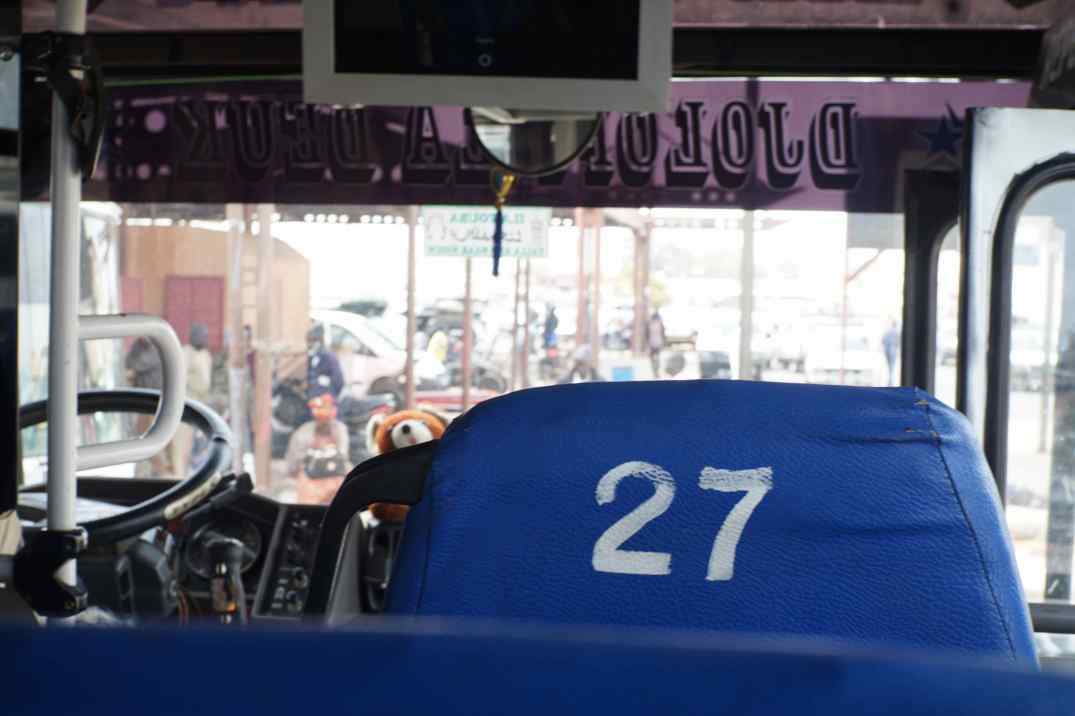“Fee fahn le?” “Sindia” “Maima watch” were the phrases exchanged before I got out of my “7 place” taxi in Sindia, Senegal. I had decided to take a day off of work and visit a new place. Earlier in the morning I had taken the Tata, a public busing system in Dakar. This hour ride over pavements of varying conditions ended at the Dakar garage. The “garage” in Dakar is the pulsing heart of transportation in Senegal, with yellow taxi cabs, coach buses, “7 place” station wagons, and many other shapes and sizes of vehicles to accommodate a traveler’s needs. Every town in Senegal has a garage on each side of town where vehicles are waiting and transportation can be arranged. Each vehicle comes with a driver or chauffeur who owns or borrows it. As passengers arrive and pay for their spot in the car the driver is paid. In addition to seats each vehicle also contains praise phrases, pictures of religious leaders, charms, and decorations. After I got off the bus I searched for a 7 place driver with my destination among the rows and rows of cars destined for all major cities in Senegal.
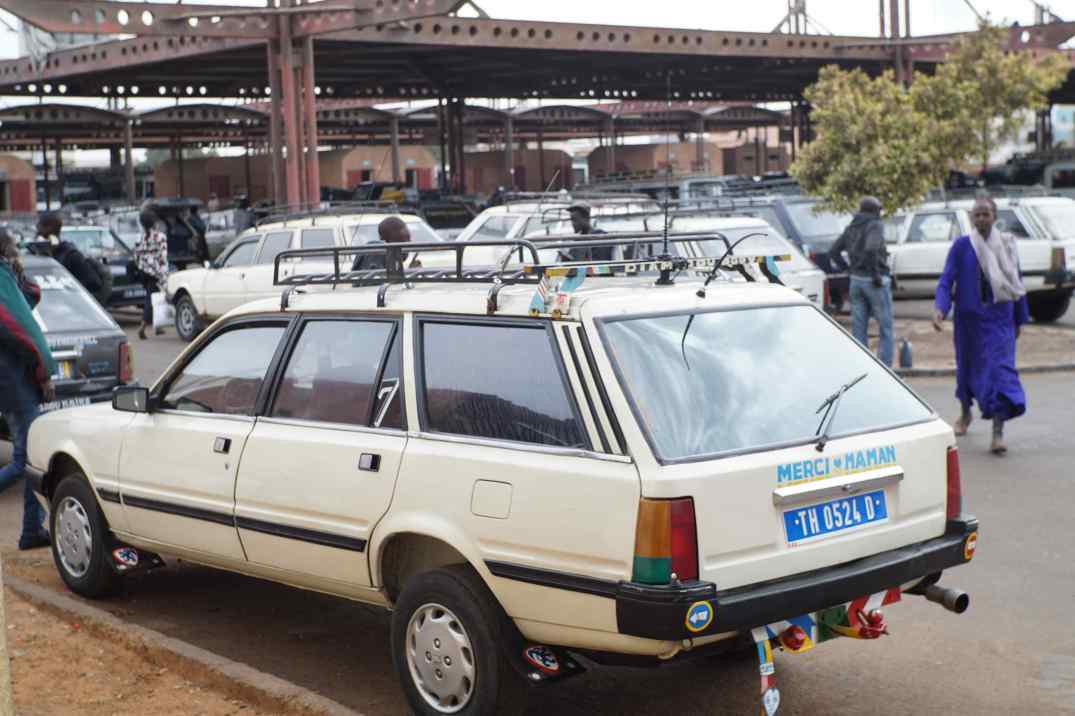
I found a driver and entered the car. A man was inside waiting, as cars leave once they are full. If one is on a tight schedule this part of travel can be especially frustrating. He was happy to converse so I put the little Wolof I knew to the test, learning he had been visiting family in Dakar the past weekend. My destination was before his, however he assured me stopping early to drop me off would be possible. As we waited others slowly seated themselves in the vehicle, and after some debate about whether I would pay a fee for my luggage we were off.
The vehicle was pretty calm during the drive and I listened to music to pass the time. As we left Dakar the sides of the highway filled with people and goods being sold. This could be anything from fresh fruit to lawn chairs to soccer jerseys. Senegal’s Petite Côte or small coast occasionally would come into view as well. I often asked what town we were passing through to ensure I did not miss my early stop. Finally, the man I’d visited with earlier tapped me on the shoulder saying we were in Sindia and I got out.
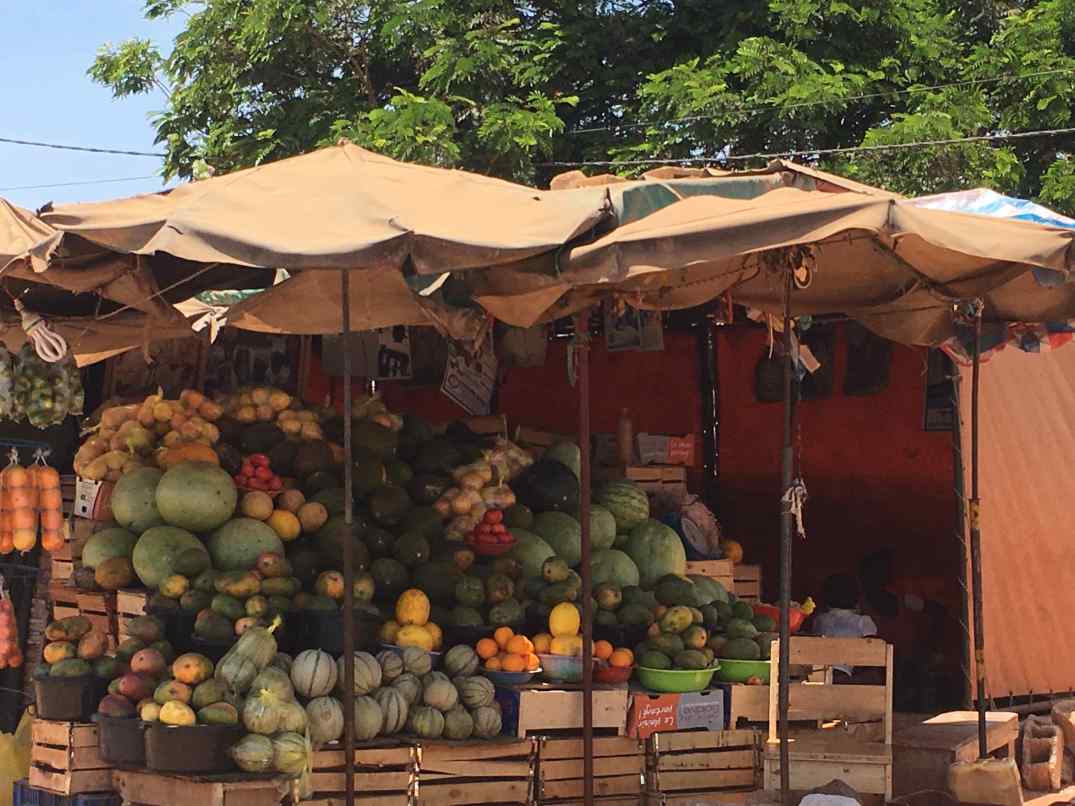
I was soon in Sindia’s garage sitting in a car. The term car in this case is used very loosely; it was really a van with three bench seats in the back that could hold 14 people. I was quite concerned when I arrived as one person was seated inside, meaning I could be in for a long wait. To my surprise the car filled up in a few minutes and the short drive to the small coastal towns began. Our driver periodically stopped to let passengers off as they requested by knocking on the metal frame of the vehicle. Eventually my turn came and I squeezed my way over other people with my large bag.
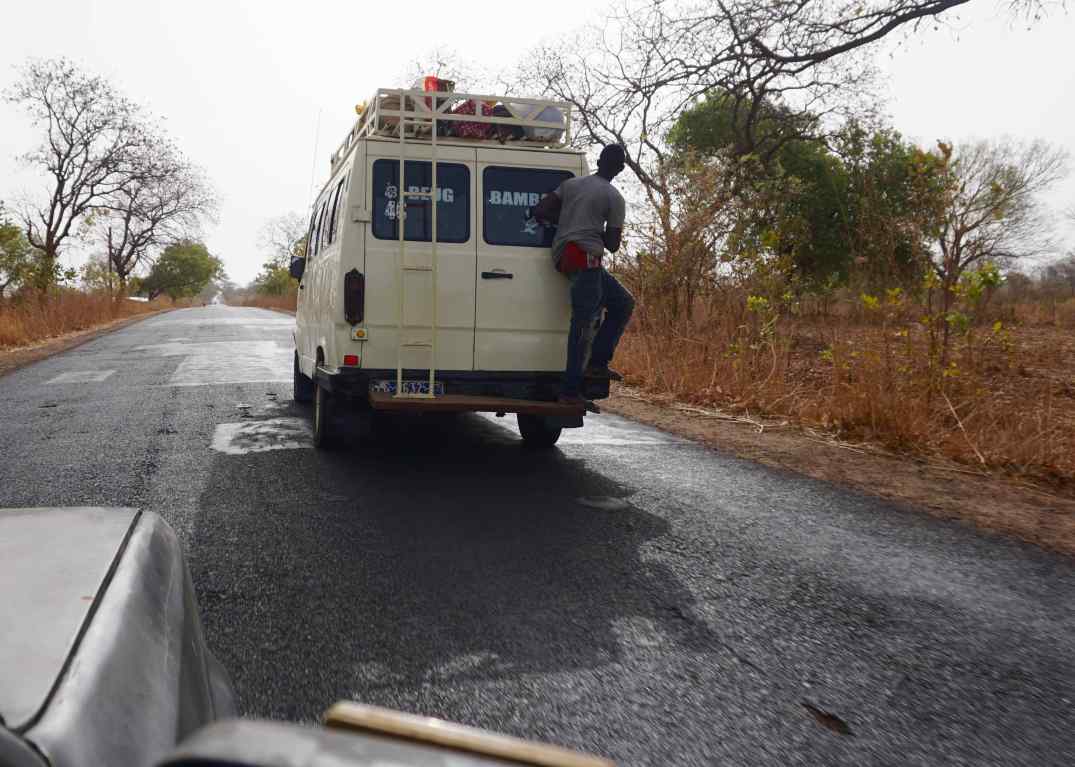
Following my visit I had the chance to ride in a vehicle new to me, a ndiaga ndiaye. These large van/buses are named after a man that drove a large Mercedes Benz van at some point in Senegal. Paintings or script speaking of Mercedes Benz cover these vehicles in addition to the normal decorations and charms. The car loads from the back and contains rows of bench seats that can hold 30 or 40 people. Two apprentices hang onto the frame of the vehicle haphazardly while standing on the back bumper. These young men tell the driver when it’s time to go and when it’s time to stop by tapping the body or rear door of the car with their hand. If the vehicle begins to leave and they are not on they must run to catch up and jump onto the bumper. This larger method of transport is far slower than a 7 place taxi, but in exchange for the frequent stops a unique community spills into the vehicle from the surrounding roadside. During my two-hour return to Dakar numerous characters came and went. Both young and old entered the vehicle, I observed numerous grandmother/grandfather figures nimbly make their way between the bench seats to open seats. At one stop a young boy who is a talibé entered the vehicle. He sang some verses of Arabic while holding a can of coins for tithes, before getting off. Though most people were traveling between adjacent towns, a couple adults including myself stayed on for the duration into Dakar.
After getting out at a Dakar intersection I made the short walk to Dakar’s garage. When uncertain of the route I would question passersby who happily pointed me in the correct direction. I observe people asking each other questions all the time and I have found this to be a very normal part of life in Senegal. If I am uncertain of the way I simply ask someone nearby and I will soon have a route to follow and a vehicle to look for. Once in the garage I made my way to the bus destined for Linguère to secure a ticket and place. Though I was a couple of hours early a number of individuals were already seated. I then scoped out a nearby food mall filled with people selling coffee and baguettes with toppings such as beans, peas, onions, or meats. I found a baguette with beans and a cup of Cafe Touba before taking a seat. Cafe Touba is a special brew of herbs and coffee dedicated to the Muslim Sufi leader Amadou Bamba. I have taken quite a liking to it and my family here prepares it daily.
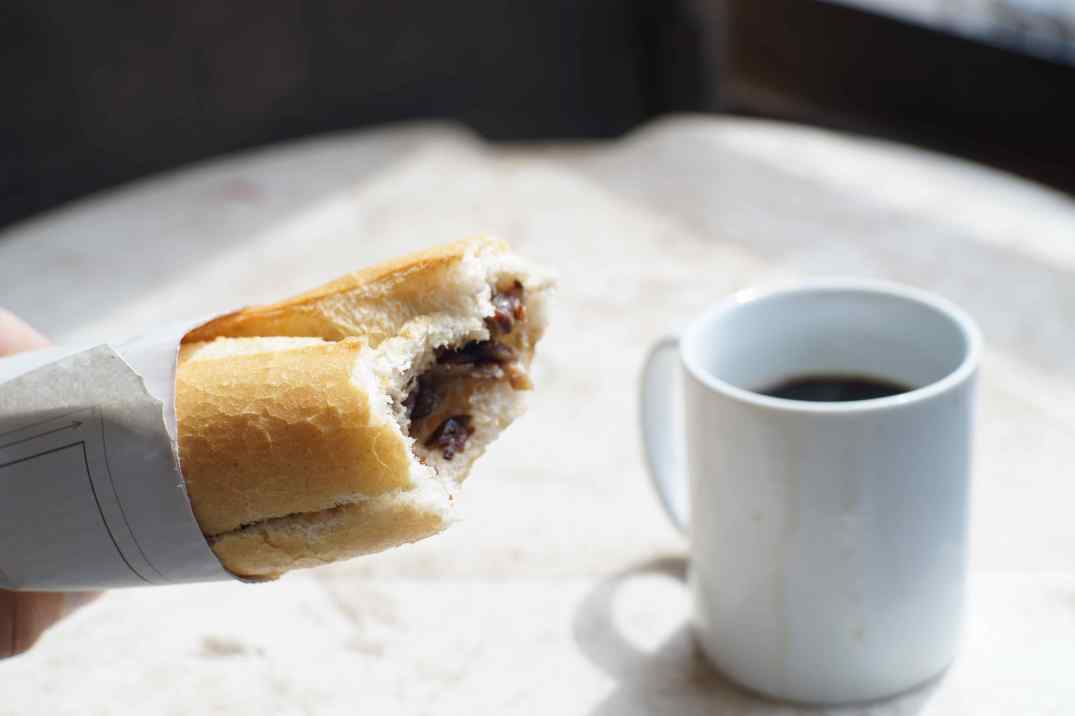
On the return trip, my bus stopped frequently as the driver slogged through the Dakar rush hour before reaching the open highways outside of the city. As it moved along men selling anything from perfume and toothpaste to gris-gris (spiritual charms) would board and give a long greeting. After pushing their choice goods for a few minutes they’d get off to find other clientele. During stops sellers of fruit, nuts, and water would swarm the two entrances of the bus for a minute or two before it was time to continue the journey. During one of these exchanges I bought a couple bags of oranges for my Senegalese family to enjoy. Serriché are gifts for family and friends that the traveling family member distributes upon their return. At home seeing my host family was thrilling and my missing them was reaffirmed by their own declarations.
